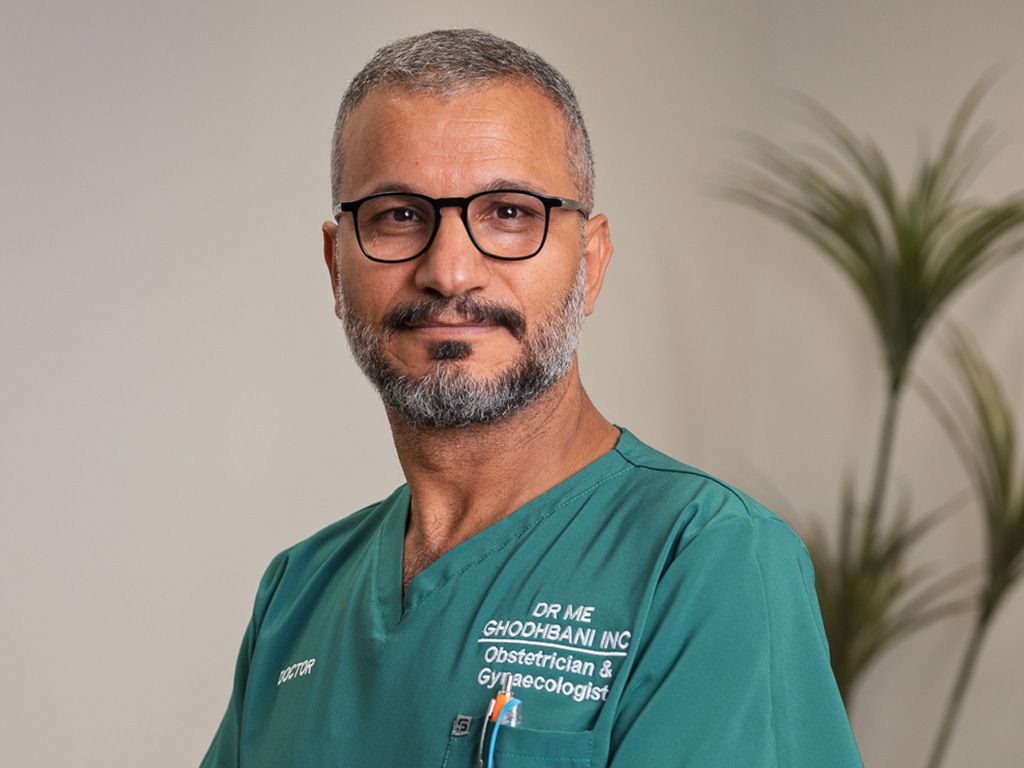More affordable medical scheme cover needed for the missing middle
Craig Comrie, Principal Officer and Chief Executive of the Health Funders Association
Growing access to quality healthcare is non-negotiable
Expanding healthcare access in South Africa demands meticulous resource allocation, which is crucial for delivering the calibre of service essential to upholding the human dignity of our entire population, according to the Health Funders Association (HFA).
“Defining what constitutes value in healthcare cannot be separated from the quality of life of the person on the receiving end, the standard of healthcare they receive and whether the patient’s suffering is eased and their daily functioning restored without unnecessary delay,” says Craig Comrie, chairperson of the HFA, a professional body representing medical schemes and their members.
“At this pivotal moment in South African healthcare, it is essential that the quality and quantity of healthcare services are defined and configured in a sustainable balance to ensure South Africa’s world-class healthcare skills and assets, which are largely privately funded, are retained, nurtured and grown to accommodate the country’s wider healthcare needs.”
“The regulatory framework if reformed as recommended by the Health Market Inquiry, which started a decade ago, could create more practical and sustainable improvements to universal healthcare coverage for South Africans and provide more affordable healthcare for medical scheme members and greater access to those without cover. This will avoid the growing number of individuals who cannot afford healthcare cover and are placing additional pressure on already over-burdened public health facilities, a situation that is less than” he says.
Comrie points out that medical scheme members contribute substantially to the public health system as taxpayers and make very little use of State services, thereby freeing up resources for those who are dependent on public health.
"Despite the predominantly negative attention directed towards National Health Insurance (NHI), it's imperative to acknowledge its potential for significantly improving accessibility to quality healthcare. While criticisms abound, it's crucial to recognise the positive impact it could have in extending affordable, high-quality private healthcare to millions more South Africans if appropriately implemented.
“There is full agreement that quality healthcare should be extended to all South Africans, and we see great potential for medical schemes as a collective to assist in elevating the standards of healthcare afforded to all employed South Africans and their families,” he says.
“At best, it will take decades until South Africa’s future health system is capacitated to replace the services currently provided by medical schemes in their entirety, and we see this as an opportunity to work together to build quality healthcare overall.
“With the outstanding regulatory gaps addressed, we could create health cover solutions for the many employed South Africans for whom medical aid is unaffordable at present. Comparatively well off enough not to be reliant on the State, this missing middle could be accommodated through private health funding employment benefits, at least until the NHI system is geared to provide adequate care for all,” Comrie says.
Finalisation of the Low-Cost Benefit Options (LCBO) framework and regular reviews of Prescribed Minimum Benefits (PMBs) to complete the existing health funding regulations would considerably reduce costs while maximising relevance for the wide-ranging needs of South Africans in a more economically viable manner.
The HFA points out that making medical scheme membership more affordable through rational regulatory means would help keep many employed people healthy, actively contributing to the economy, and keeping them out of the hospital by providing meaningful access to healthcare for a larger proportion of the population.
“An important point here is that tax incentives in the private sector which are currently targeted and have in real terms been reduced may be more effectively spent by individuals accessing healthcare where they choose rather than dictating where and how they access healthcare, as envisaged in the NHI Bill. In the end, consumers often know where they get best bang for their healthcare buck.
“Until the NHI system is fully equipped to provide a level of care approaching this for everyone, private health funding is ready to help shoulder this responsibility to realise the goals of universal health coverage.
“The practical truth may be that the NHI will remain limited to what the country can afford, but this need not define the entire extent of healthcare services that individuals will continue to require. We strongly appeal to the President and policymakers not to disregard the spectrum of opportunities for making progress towards universal health coverage with prudent revisions of the existing regulatory framework.”













